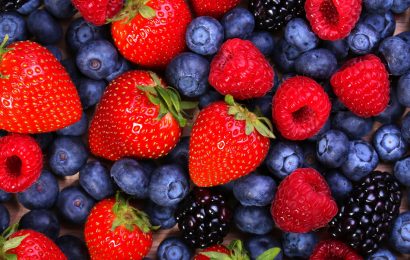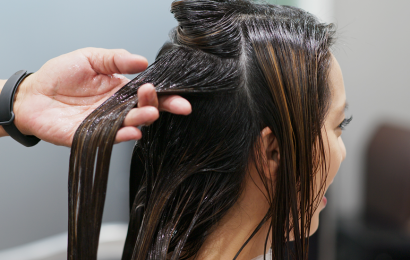By the time your child is 13 years old, there’ll be 72 million pieces of data collected on them online, so it‘s important to protect your kids from a very early age from the companies, hackers, online predators, foreign countries and paedophiles who will prey on them. Australia’s eSafety Commission, which was set up to […]
Brain tumours are one of the leading causes of pediatric cancer mortality. While some studies have found an association between cell phone use and brain tumors, the overall body of evidence is mixed, and more research is needed to fully understand the relationship. The World Health Organization (WHO) and other health agencies have stated that […]
Our toxic load has increased dramatically in the past four decades and each generation is born more polluted. Thats an unfortunate fact according to ongoing biomonitoring studies around the world. In 2016 I published a paper in a journal examining the impact of toxicants on human health. It soon became obvious to me that PESTICIDES […]
My boxer dogs are goofy, boisterous and hyperactive, and I cannot imagine my life without them. Just like you, pets can also be impacted by mould and toxicants which is why when I assess a home, I always ask about the physical and mental health of pets. The impact of daily chemical exposures on our […]
Many of would consider breast cancer is a condition people get because of genetic factors but a recent study found that less than 10% of those diagnosed with breast cancer are due to genetic factors. This means the majority of breast cancers are likely to arise from environmental exposures. Breast cancer is quite common in […]
There’s a new study released in the US which links uterine cancer and the use of chemical hair straighteners – or relaxers. For almost 11 years, researchers at the US National Institute of Environmental Health Sciences (NIEHS) has followed 33,947 adults and monitored their health for the study. The study found those who’d used a […]
You can use the latest funding grants from the Australian government to study all the courses offered at the Australian College of Environmental Studies. These grants are available for those who are mid career and would like to study something different or for workers over 40 who’d like to learn a new skill. Most courses […]
Scientists in the UK have just brought out their latest research showing air pollution can cause lung cancer in people who’ve never smoked. They found even small changes in air pollution levels can affect human health – and with 99% of the world’s population living in areas which exceed WHO limits for PM2.5, this shows […]
We are constantly trying to reduce water vapour in the home because this prevents the build-up of condensation and the growth of mould. If you have a bathroom exhaust fan which isn’t flued to the outside atmosphere, this means all your exhaust fan is doing is transferring the water vapour from your bathroom into your […]
Recent study confirms growing up on a farm in the prenatal period and the first year of life, reduces the prevalence of allergic rhinitis later in life. Exposure to highly diverse microbial environments on traditional farms (cows, cultivation), results in significant bacterial diversity in the microbiome of the nose and gut of children. These bacteria […]











